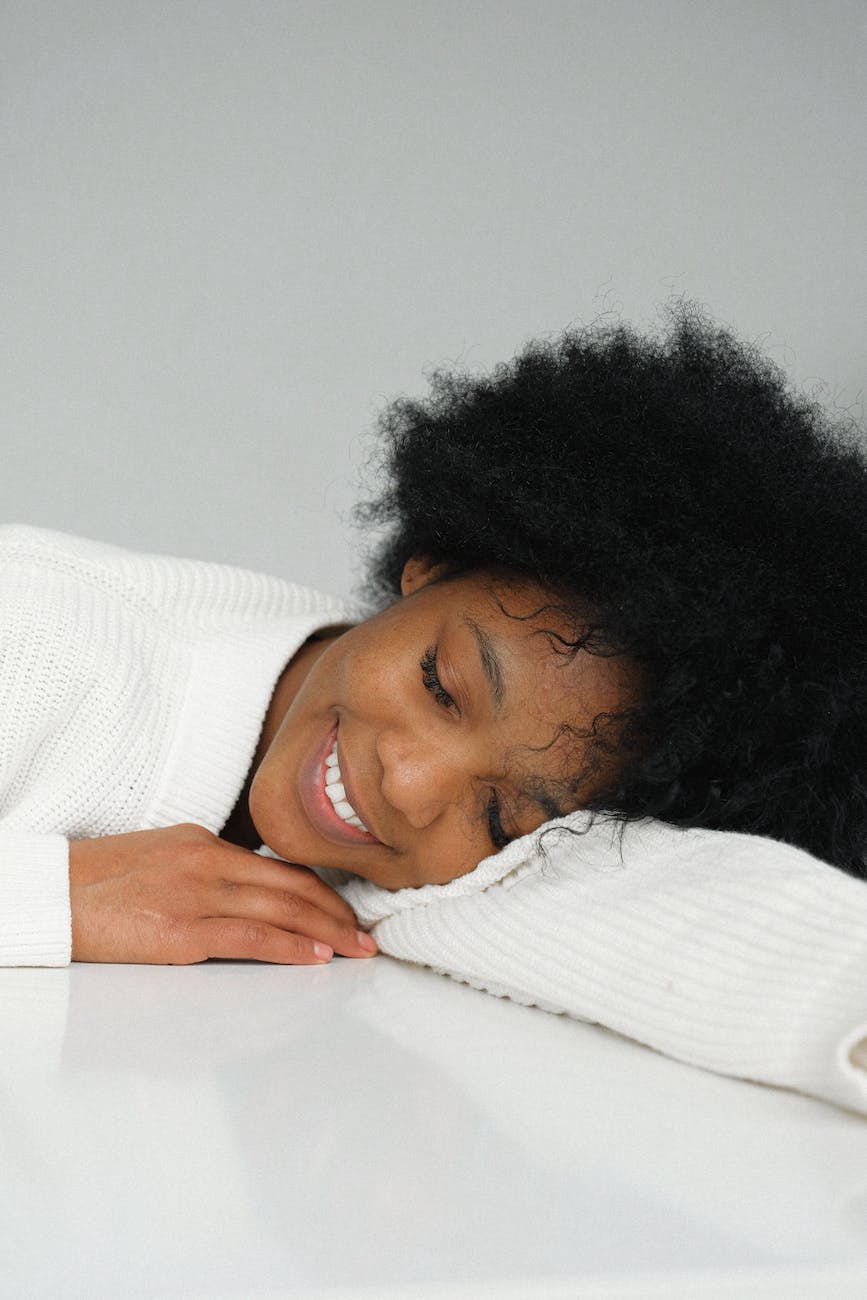Sleep Easy: Achieve a Restful Night’s Sleep
Have you ever experienced nights where sleep easy seems elusive, and your mind refuses to shut down?
We’ve all been there, tossing and turning, desperately seeking that blissful state of slumber.
Fortunately, the solution lies within our grasp, and it’s called “Sleep Easy.”
In this article, we will explore the importance of quality sleep, provide practical tips to enhance your sleep routine, and uncover the secrets to achieving a truly restful night’s sleep.

Table of Contents
The Significance of Quality Sleep
Sleep is not merely a period of inactivity; it plays a vital role in maintaining our overall well-being.
Quality sleep is essential for our physical health, cognitive function, emotional balance, and even our productivity levels.
Unfortunately, our modern lifestyles often disrupt our natural sleep patterns, leading to sleep deprivation and its detrimental effects.
Understanding the Sleep-Wake Cycle
To understand how to sleep better, it’s crucial to grasp the concept of the sleep-wake cycle.
Our bodies have an internal clock known as the circadian rhythm, which regulates our sleep patterns.
This rhythm is influenced by external factors such as light and darkness, as well as our daily habits and routines.
Creating a Sleep-Friendly Environment
Transforming your bedroom into a sleep-friendly sanctuary can work wonders for your sleep quality. Consider the following tips to optimize your sleep environment:
- Eliminate Electronic Distractions:
- Electronic devices emit blue light that can interfere with your natural sleep-wake cycle.
- Keep your bedroom free from screens such as smartphones, tablets, and TVs at least one hour before bedtime.
- Invest in Comfort:
- A comfortable mattress, cozy bedding, and a pillow that suits your sleeping preferences can make a significant difference in your sleep quality.
- Also, find what works best for you and create a soothing sleep environment.
- Darkness and Silence:
- Ensure your bedroom is as dark and quiet as possible.
- Moreover, consider using blackout curtains, earplugs, or a white noise machine to minimize external disruptions that can disturb your sleep.
Establishing a Sleep Easy Routine
A consistent sleep routine can help signal your body that it’s time to wind down and prepare for sleep. Consider incorporating the following practices into your evening routine:
- Set a Regular Bedtime:
- Aim to go to bed and wake up at the same time each day, even on weekends.
- This regularity helps regulate your circadian rhythm and promotes better sleep quality.
- Relaxation Techniques:
- Engage in activities that promote relaxation before bedtime.
- These may include reading a book, taking a warm bath, practicing meditation or deep breathing exercises, or listening to calming music.
- Avoid Stimulants:
- Limit your consumption of caffeine, nicotine, and alcohol, especially in the hours leading up to bedtime.
- These substances however can interfere with your ability to fall asleep and maintain a restful state throughout the night.
Enhancing Sleep Easy Hygiene
Sleep hygiene refers to practices and habits that promote optimal easy sleep.
By adopting the following sleep hygiene techniques, you can optimize your chances of achieving a restful night’s sleep:
Create a Pre-Bedtime Wind-Down Routine:
Engage in activities that help you unwind before going to bed.
This could include reading a book, practicing gentle stretching or yoga, or journaling to clear your mind.
Create a Cool and Calming Environment:
Keep your bedroom temperature cool and comfortable.
A lower room temperature can promote better sleep quality and prevent nighttime awakenings due to overheating.
Limit Daytime Napping:
While a short power nap can be refreshing, excessive daytime napping can disrupt your nighttime sleep.
If you must nap during the day, aim for a short duration.
Use pillow that promotes good sleep
Various pillows are available on the market to improve sleep quality. These pillows come in different shapes, materials, and designs. They provide benefits such as promoting optimal sleep and enhancing comfort.
- Support: Certain pillows are designed to provide specific support for your neck, back, or other areas. For instance, a memory foam pillow can contour to your neck and head, providing firm and consistent support.
- Position: Some pillows are designed to encourage a particular sleep position. For example, a body pillow may help side sleepers maintain alignment, while a wedge pillow might be used to elevate the head and upper body for those with conditions like acid reflux.
- Comfort: Comfort is highly subjective, and what works for one person may not work for another. Some people might find a softer down pillow more comfortable, while others might prefer a firmer latex pillow.
- Temperature Regulation: Certain materials, like cooling gel or breathable bamboo fibers, are used in pillows to help regulate temperature and prevent overheating during the night.
- Hypoallergenic: For people with allergies, hypoallergenic pillows made from materials that resist dust mites and other allergens can be beneficial.
If you’re interested in a “Sleep Easy Pillow”, it’s important to understand your specific sleep needs and research how different pillow types can meet those needs. Consulting with a healthcare professional or a sleep specialist can also be helpful in making a decision.
Lastly, as with any product, it’s wise to look at product reviews and ratings from other customers to get a sense of the product’s effectiveness and potential drawbacks.




[…] Research has shown that individuals with a positive mindset have lower levels of stress and improved overall well-being. […]